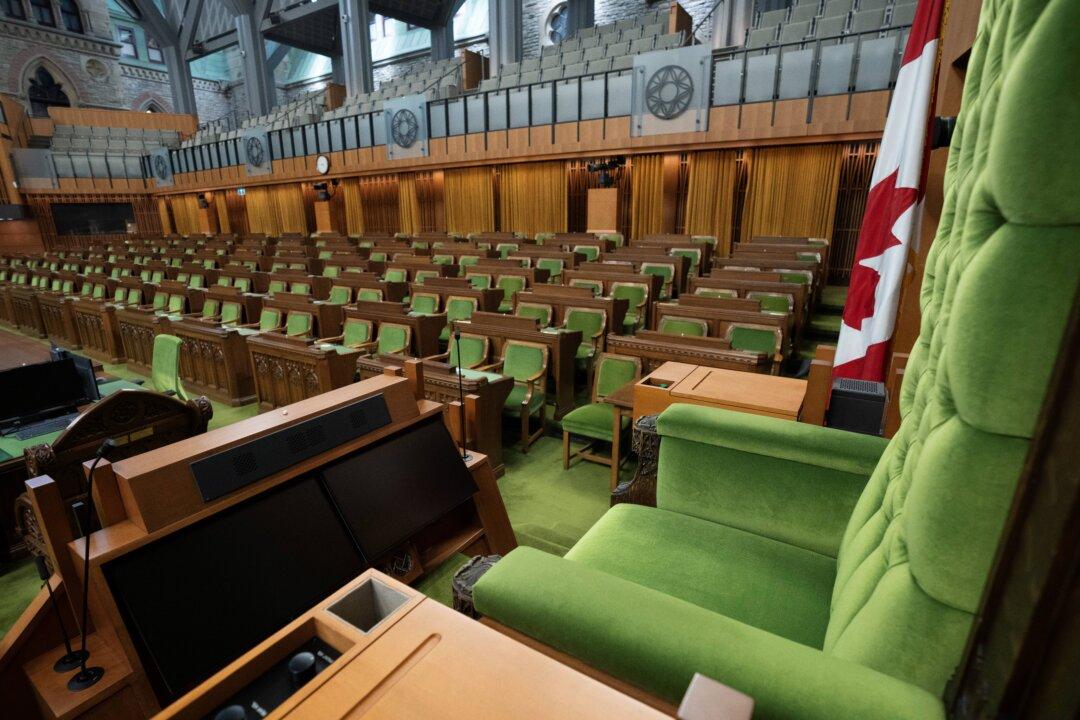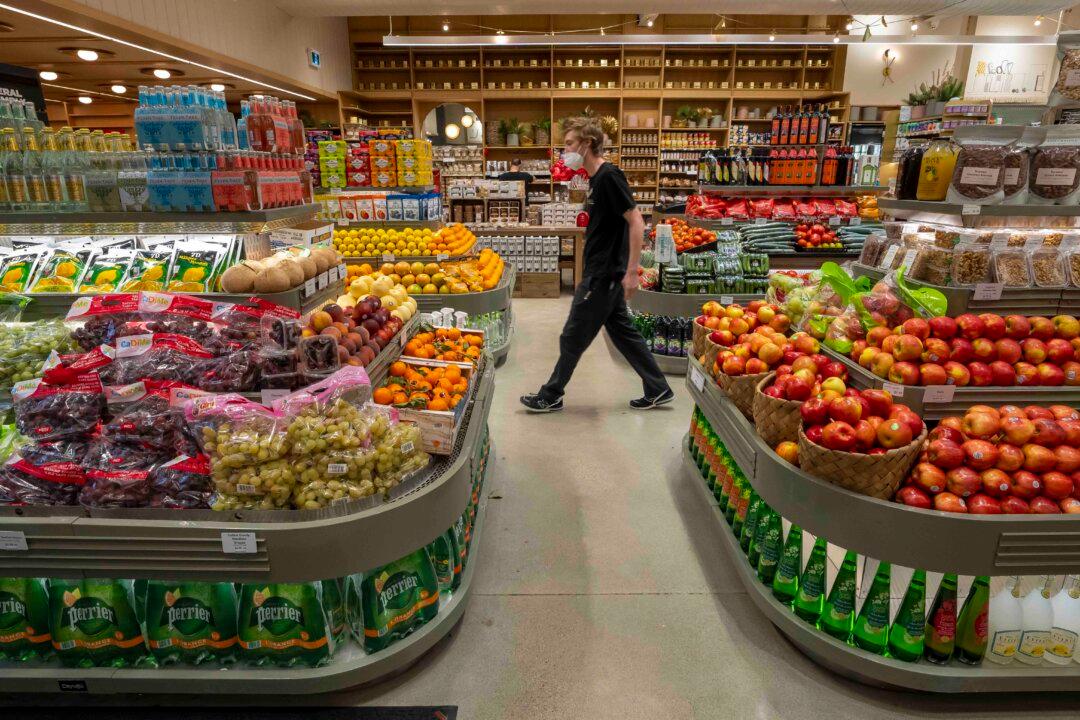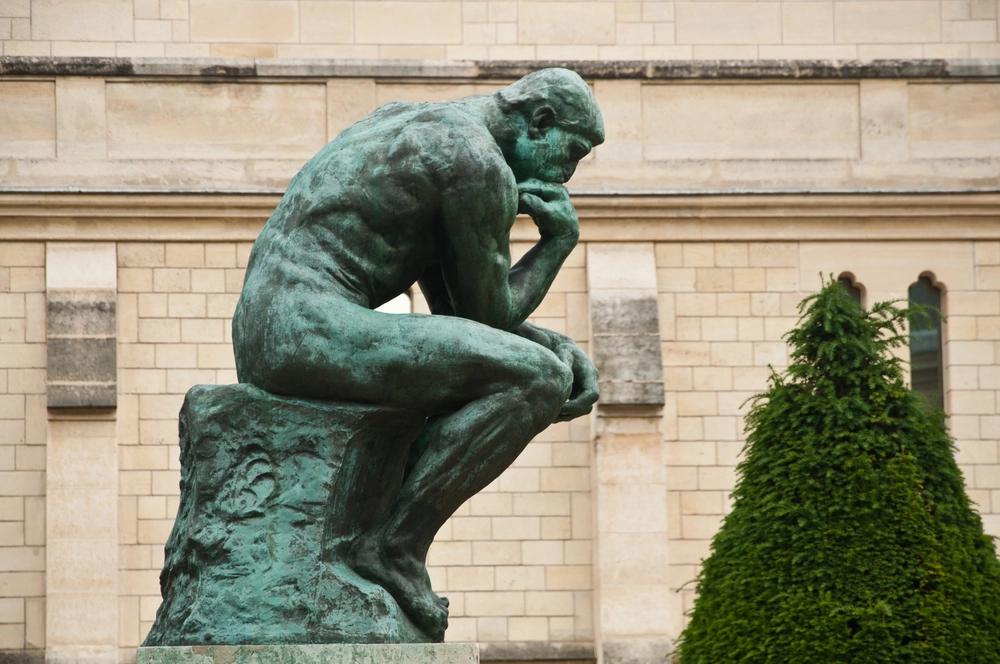Commentary
How much confidence do we have in Prime Minister Justin Trudeau? No, stop with the heckling, or cheers, because I’m asking in a technical sense. Apparently we’re all supposed to have the self-help-staple psychological confidence in ourselves, and arguably many politicians do to excess. But I mean the kind where a ministry looks at a legislature then hums a happy tune or lunges for the Help Wanted ads. And if you have the good fortune to live in a functioning parliamentary system you should take confidence more seriously than we in Canada seem to.





